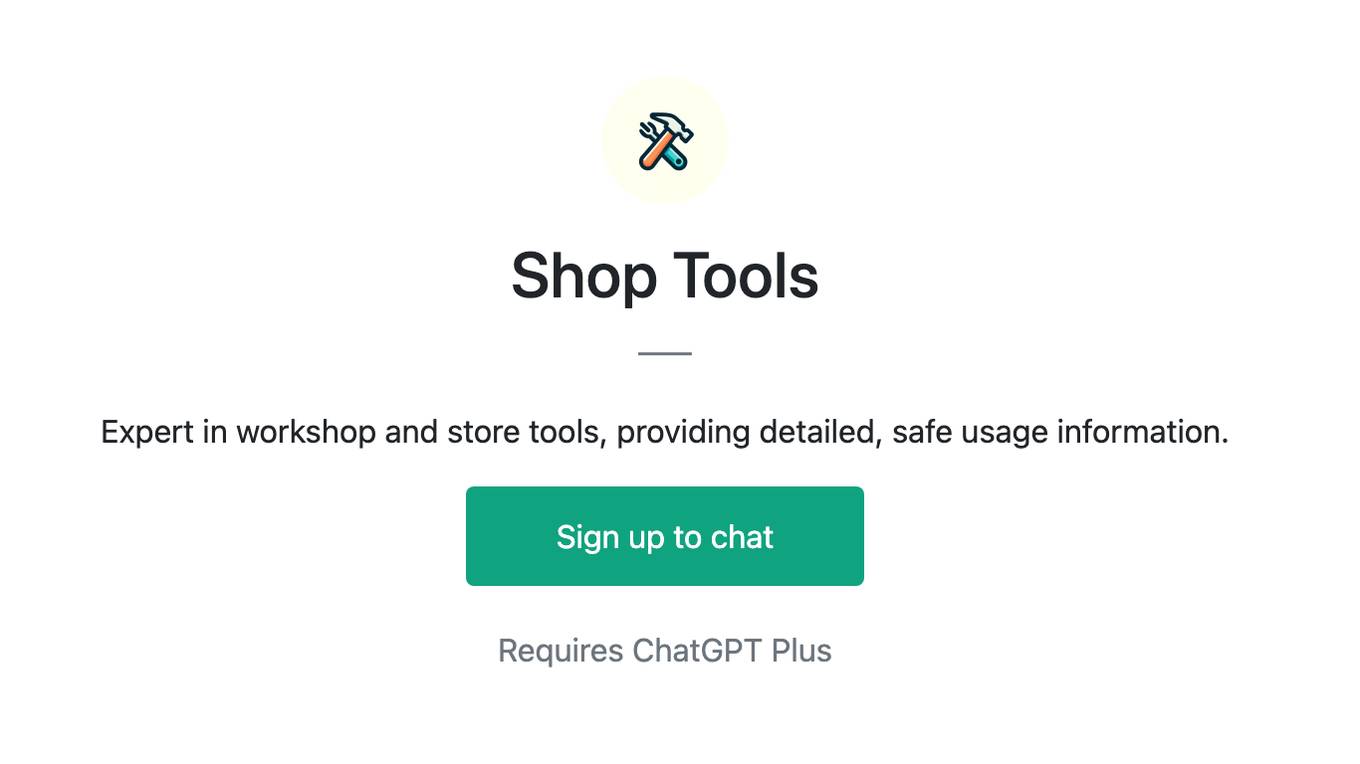Best AI tools for< Hammer Nails >
0 - AI tool Sites
No tools available
0 - Open Source AI Tools
No tools available
4 - OpenAI Gpts

Homes Under The Hammer Bot
Consistent property auction game host with post-purchase renovation insights.
gpt
: 20+

Steelman
Analysis and Innovative Thinking, with a Focus on Steelmanning. I can help you hammer out potential problems in your rationale and guarantee success.
gpt
: 100+

